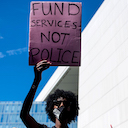
Why Do We Call the Police?
An interview with Derecka Purnell, the author of Becoming Abolitionists, about what makes communities unsafe—and how she went from calling 911 to fighting for abolition.


An interview with Derecka Purnell, the author of Becoming Abolitionists, about what makes communities unsafe—and how she went from calling 911 to fighting for abolition.

In the UK, the left no longer has a party, but it may still have the tools necessary for retaking it—tools that can be improved, remodeled, and reorganized.
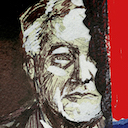
Today’s novel New Deal coalition offers the only plausible chance for progressive reforms.

The material causes of racial inequality can be overcome only with massive economic distribution.

American media blamed the massive collapse of Albanian pyramid schemes in 1997 on greedy small-time investors unschooled in the free market. It could never happen here.

Owen Hatherley’s eye-opening account of the left in power in London suggests both the possibilities and limits for municipal socialism.
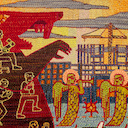
An interview with Kate Aronoff about her new book Overheated: How Capitalism Broke the Planet—And How We Fight Back.
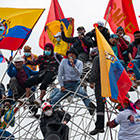
Rafael Correa has long been hostile to indigenous movements in Ecuador. It’s no surprise that they are reluctant to support his successor.
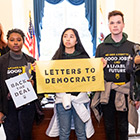
Many of today’s organizers look to the long history of party realignment for strategic orientation. Could they drive a reordering of American politics?

A closer look at the Italian prime minister’s career reveals how the tangled history of neo-Keynesian economic thought shaped his technocratic brand.

We must recognize and compensate for the intrinsic political weaknesses of taxation—and specifically progressive taxation—through the alternative fiscal strategy of economic democracy.
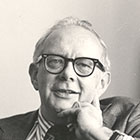
If Howe’s intellectual evolution has meaning for today’s left, it is to be found in his struggle to transcend sectarian mindsets while remaining principled.

In Freedom from the Market, Mike Konczal turns to a usable American past to explain how we can build a society free from want and market dependence.
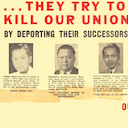
Critics argue that anti-discrimination law fails to challenge the fundamental inequalities of society. For Filipino-American workers, however, it became an important organizing tool in the fight against segregation and unsafe conditions on the job.

A political history of the present moment.